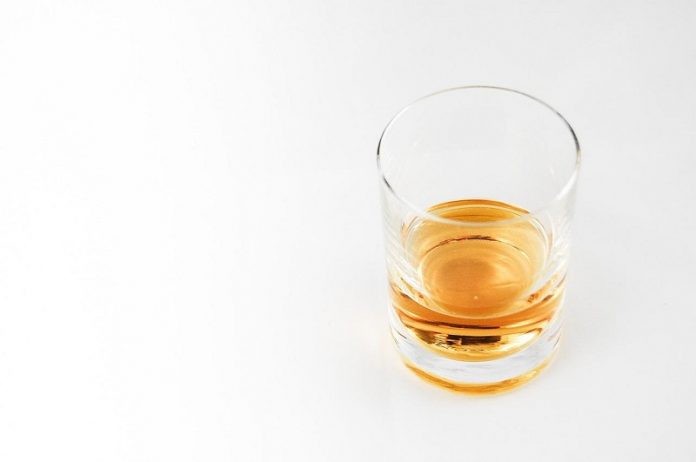
While hand sanitizers containing 60-95% ethyl alcohol can help destroy the coronavirus on surfaces, drinking alcohol—including beverages with high percentages of alcohol—offers no protection from the virus.
The concentration of alcohol in the blood after one standard drink is in the range of 0.01–0.03% (a blood alcohol level of 0.01–0.03 gm%), which is a tiny fraction of the concentration needed to produce an antiseptic action.
Indeed, a blood alcohol concentration of 0.40% can be fatal.
Far from offering protection, alcohol misuse makes the body more susceptible to viral infections and can worsen the prognosis.
Alcohol in the body at the time of exposure to a pathogen tends to impair the body’s immediate immune response to the pathogen, making it easier for an infection to develop.
Longer-term, excessive alcohol consumption impairs immune cell functions in the lungs, making the body’s immune response less effective.
Excessive alcohol use also damages the cells that line the lung surface and this damage can go undetected until an infection occurs in the lungs.
Alcohol misuse is also associated with Acute Respiratory Distress Syndrome (ARDS).
In fact, individuals who misuse alcohol chronically are more likely to develop ARDS, more likely to need mechanical ventilation, have a prolonged stay in the intensive care unit, and have a higher risk of mortality from ARDS.
All of these effects of alcohol misuse could certainly complicate COVID-19 prevention, treatment, and recovery.
If you care about Covid, please read studies about old drug that could save your life from COVID-19, and findings of a new way to prevent many COVID-19 variants.
For more information about Covid, please see recent studies about people who are more likely to get severe COVID-19 after vaccination, and results showing scientists find new treatment option for COVID-19.



